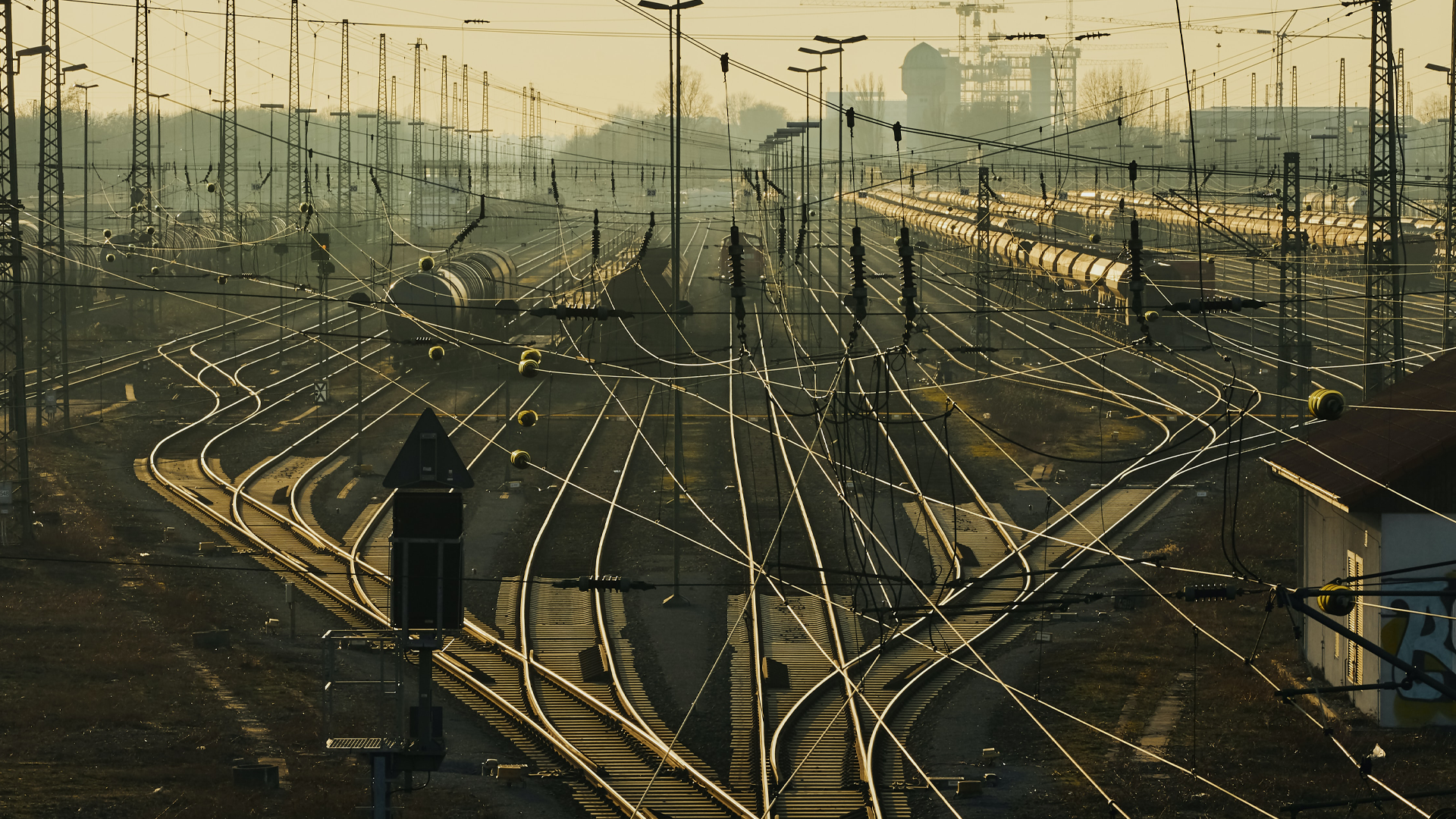If you’re not choosy about the time of day, you can often catch a one hour flight from, say, Edinburgh to London for around £20. In comparison, the same journey via train will normally take around 6 hours, and cost £60 or more. We need to change how we fund our trains.
It’s no surprise then that cheap, fast flights have become incredibly popular. But why the huge price gap?
Chances are, it’s not likely to last. Most airlines are running on a model where first class and business travelers bring in the bread. Those cheap economy flights often don’t even make them a profit!
As business class travelers dwindle, airlines like British Airways are likely going to need to start shifting costs to economy passengers. I think it’s time we push for trains to take their place as the budget travel gods.
Trains are fast, efficient, eco-friendly, and comfortable. As a bonus, you’re likely to see beautiful landscapes. And the kicker is, they don’t have to be as expensive as they are – the culprit looks to be privatization.
In Britain for example, nationwide prices rose and efficiency dropped after the railways were privatized.
We Own It, a UK activist group, are arguing that it’s time to take the trains back (sign their petition here).
Without fragmented ownership, more efficient, cheaper trains become possible. Making railways public and centrally owned also means we can improve services (the best railway in Europe, Switzerland’s, is publicly owned).
For example, instead of rival companies charging each other to use rail lines, that money can be invested into improving tracks. Public ownership could also mean subsidized ticket prices, based on the needs of passengers and not the chances of maximum profit.




















